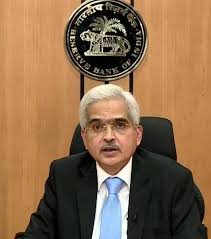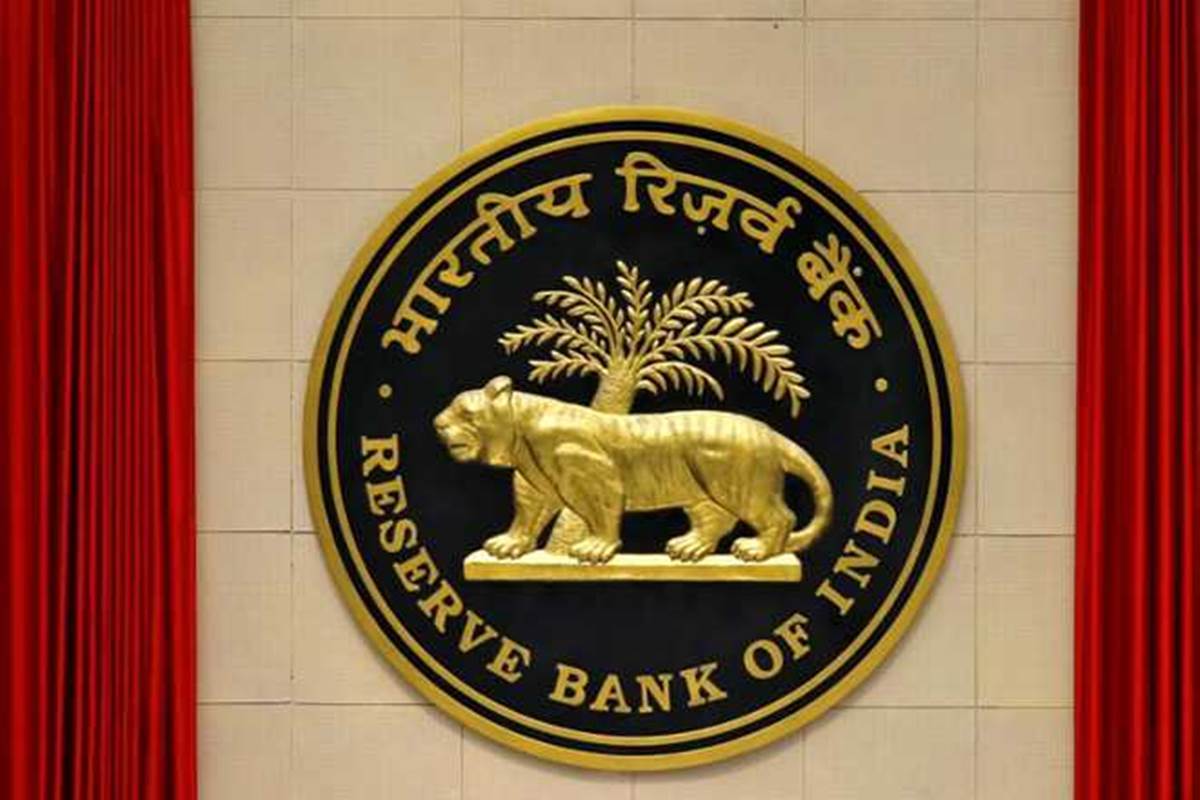The RBI is working on phased introduction of a central bank digital currency (CBDC), which will be a legal tender in online form. CBDCs are basically the digital version of fiat currencies, like the rupee in India’s case.
The RBI is “being extremely careful about it because it’s completely a new product, not just for RBI, but globally," Das said, while speaking to the international business news channel on Thursday.
The central bank is looking into several aspects of a digital currency, including its security, impact on India’s financial sector as well as monetary policy and currency in circulation, Das told the channel.
“I think by the end of the year, we should be able to — we would be in a position, perhaps — to start our first trials," he said.
The central bank, Das said, is contemplating the choice between using a centralised ledger for the digital currency and having a digital database with access to multiple participants - also known as distributed ledger technology (DLT).
In a centralised ledger system, the database would be owned and operated only by the central bank.
The RBI was prompted to consider conducting trials after a growing interest among people about cryptocurrencies.
Last month, RBI Deputy Governor T. Rabi Sankar had said that the central bank is working on a phased introduction of its own digital currency and is mulling pilot projects in wholesale and retail segments in the near future.
Sankar said developing a domestic CBDC could provide the public with uses that any private virtual currency (VC) offers and to that extent might retain public preference for the rupee.
Introduction of CBDC, he said, has the potential to provide significant benefits such as reduced dependency on cash, higher seigniorage due to lower transaction costs and reduced settlement risk.
"Introduction of CBDC would possibly lead to a more robust, efficient, trusted, regulated and legal tender-based payments option. There are associated risks, no doubt, but they need to be carefully evaluated against the potential benefits," he said.
The Deputy Governor said it would be the RBI's endeavour, "as we move forward in the direction of India's CBDC", to take the necessary steps which would reiterate the leadership position of the country in payment systems.
He said CBDCs are likely to be in the arsenal of every central bank going forward. Setting this up will require careful calibration and a nuanced approach in implementation.





